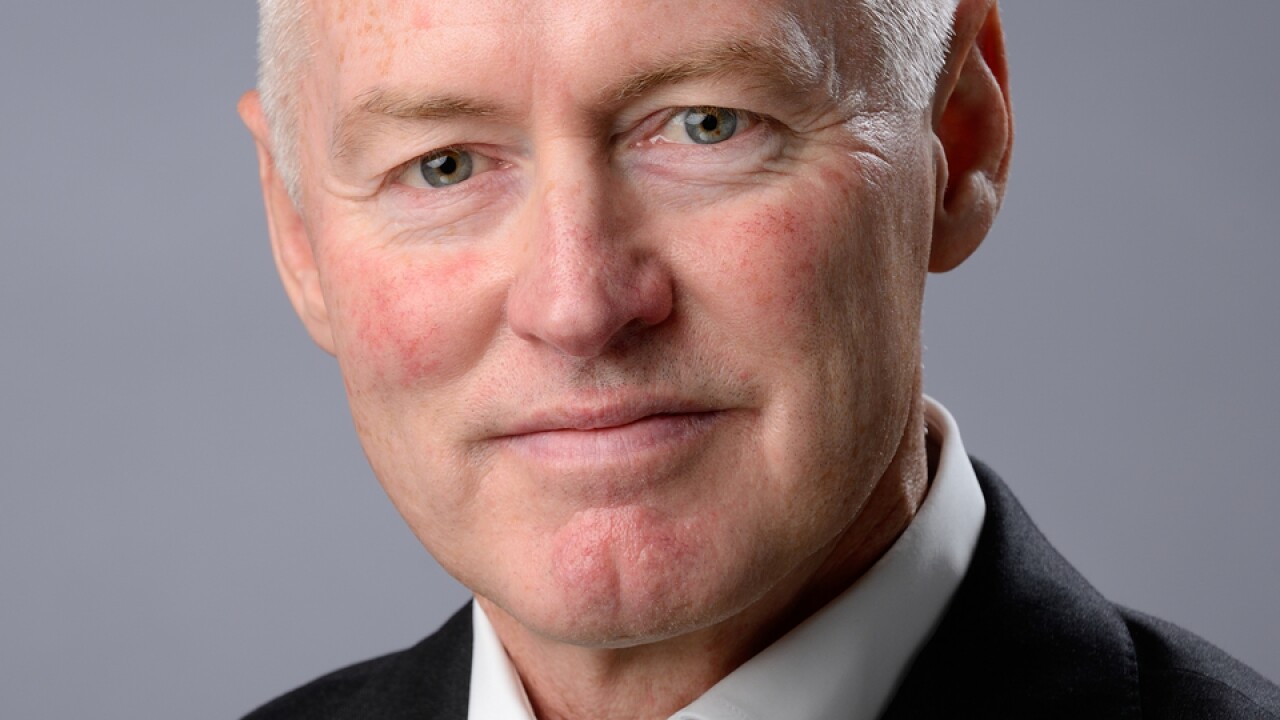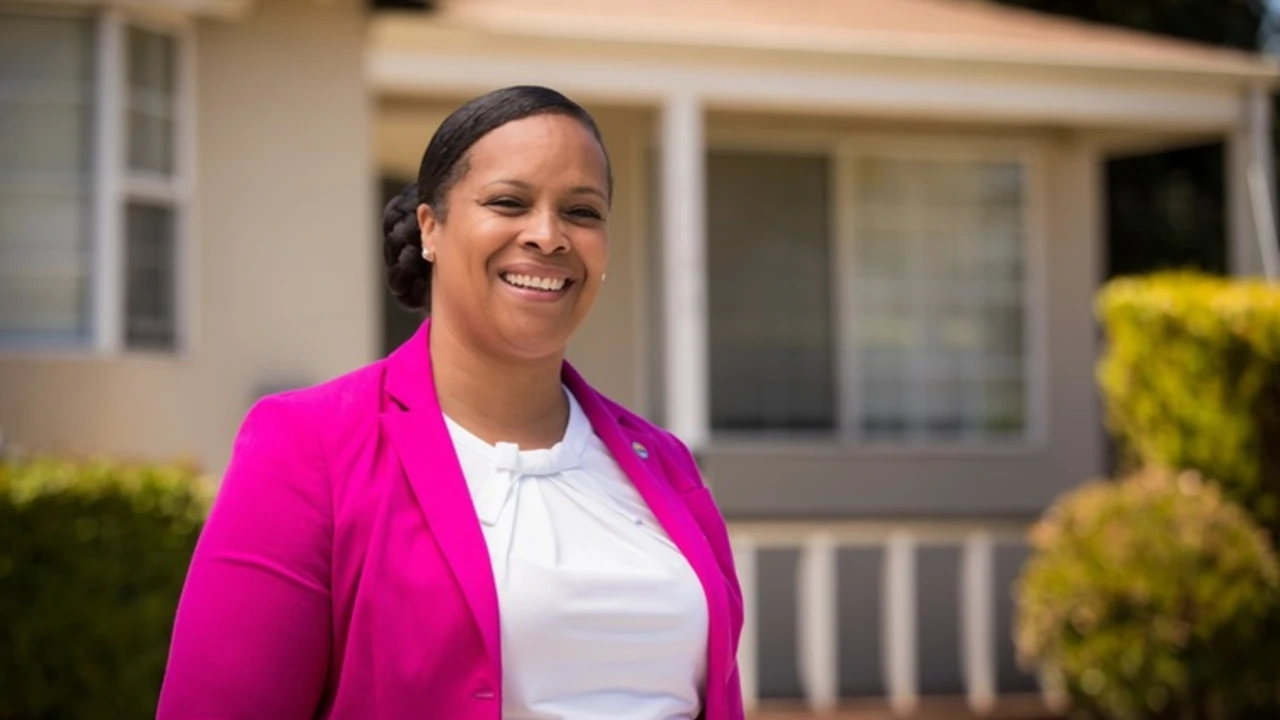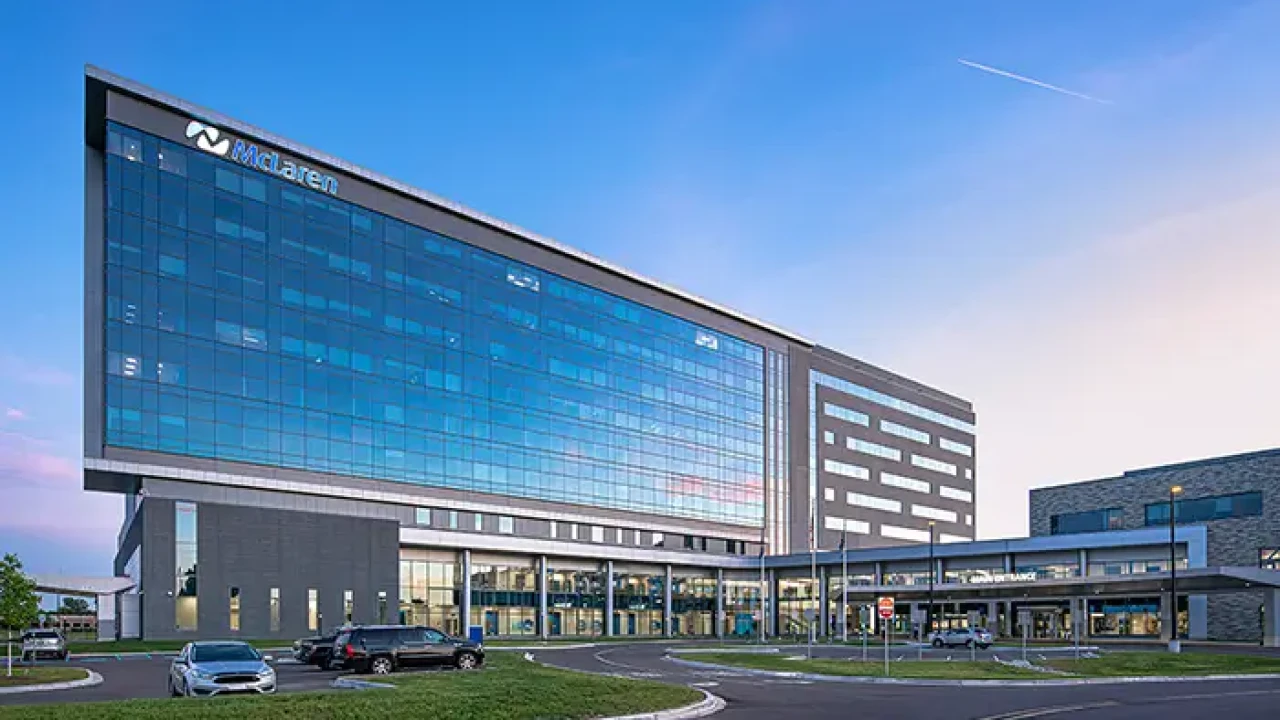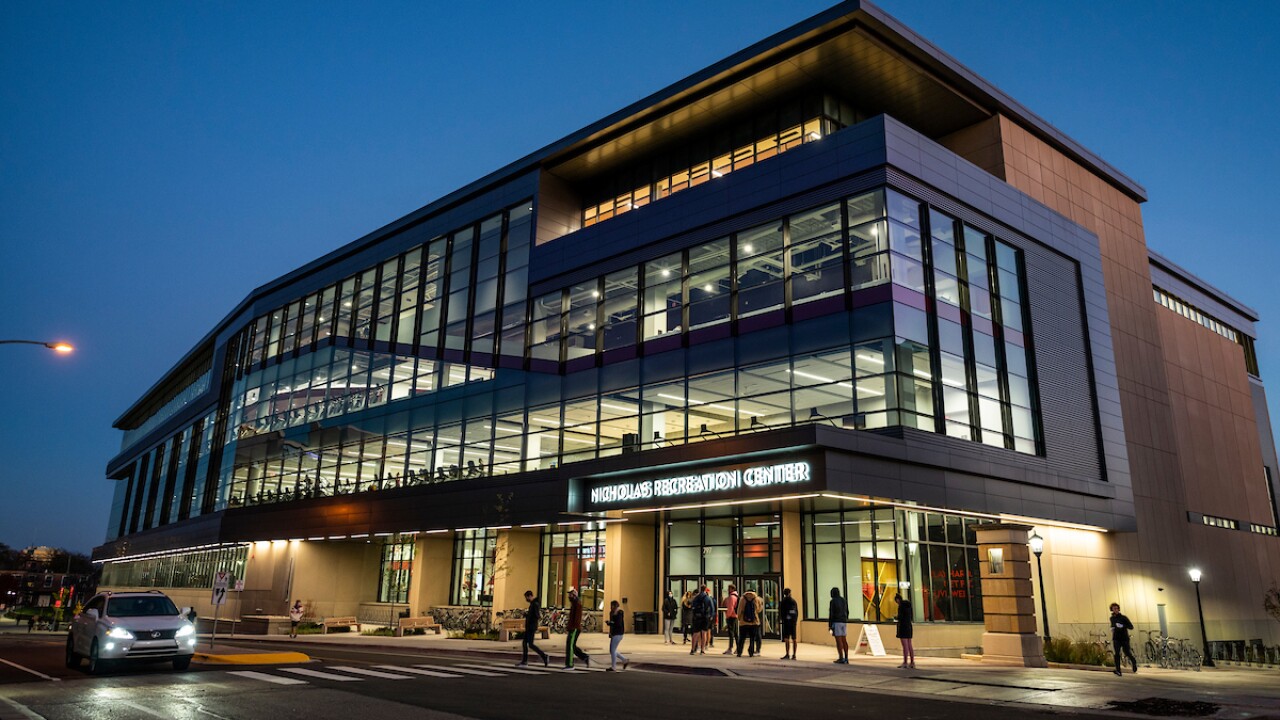After a pandemic-driven hiatus, the Paris Air Show is underway outside the French capital for the first time since 2019.
Among the industry giants, airlines and national representatives at the show are delegates from 15 U.S. states, including several in the Southeast, where a boom in aerospace development is fueling competition overseas to pursue relationships and arrangements that will give their state an edge in a growing industry.
That includes Florida, home to the region's largest aerospace sector, where working groups were taking several meetings daily in pursuit of "multiple goals on multiple fronts," not the least of which is victory in a branding battle to pitch the state as "the best place for aviation and aerospace in the US," said TJ Villamil, senior vice president for international trade and development at Enterprise Florida, a state public–private economic development partnership.
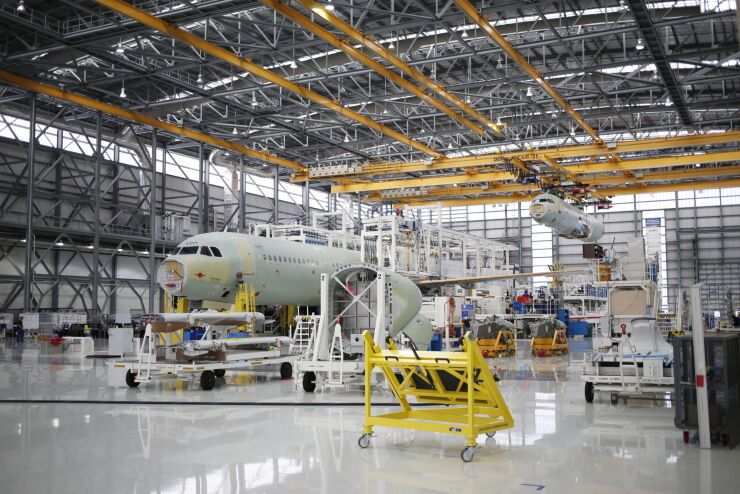
"We have a friendly competition with the states at our border, and a lot of them are here," Villamil said, "but I'm proud to look at Florida as leading the way in all different fronts."
Florida, where NASA's Kennedy Space Center has spurred the air and space industries development for more than 60 years, returned to Paris this year with 17 local aerospace companies hoping to attract attention to their products and services as well as a working delegation led by Lt. Gov. Jeanette Nuñez.
"Our presence at the Paris Air Show sends an important signal to this targeted industry that Florida is a leader and has the right talent, infrastructure, and business-friendly climate to support and assist business development and expansion," Nuñez said in opening remarks in Paris.
Along with NASA, which created 27,004 jobs in Florida in 2021, according to a state report, the Sunshine State plays host to a growing commercial space industry backed by high levels of state support.
Space Florida, the state's aerospace economic development agency, reported the total economic impact from its aerospace finance and development initiatives to have reached $5.9 billion at the beginning of this year. Over the next five years, they expect it to be more than $5.3 billion, with an average annual impact of $1.1 billion.
Neighboring Alabama, home to a rapidly growing aerospace sector competing with Florida's, sent a delegation led by Commerce Secretary Greg Canfield, who said in opening remarks the state "had been involved in the aerospace industry at the highest levels for decades."
In northern Alabama, where the U.S. government sent German rocket scientist Werner Von Braun after World War II to develop the technology that led to the Saturn moon rockets, the Redstone Arsenal near Huntsville remains the center of an aerospace cluster.
More recently, in Alabama's south, Airbus has set up an assembly plant that has delivered A320 and A220 passenger aircraft since 2016.
"In Alabama, rockets and missile systems are manufactured, passenger jets assembled, aircraft components fabricated, helicopters refurbished, and advanced materials such as carbon fiber produced," Canfield said. "Expanding this industry's base in the state is a top priority of Commerce's Alabama team, and, with robust infrastructure in place, the team believes Alabama is well prepared for future industry growth."
Part of that mission was to "advance relationships with decision-makers at aerospace companies with existing operations in the state" while also "building bridges with companies that might expand to the state one day," he said.
Over the Paris show's first two days the team held 15 meetings with follow-ups expected, Canfield added, with some of the discussion aimed at "a better understanding of the trends shaping the future of the industry, and to formulate strategies to capitalize on them."
Alongside the state delegation, municipal representatives from Huntsville, Mobile, and Auburn are also in attendance and managing independent efforts they hope will grow a sector that has become an integral part of those local economies.
In Mobile, Airbus, with the help of state and local incentives, invested billions in developing manufacturing infrastructure and recently announced its intention to expand the assembly facility. It employs 1,200 people; if the expansion pans out, 1,000 new jobs could be created, state officials said, nearly all of which would pay far above the state median income of $27,000 a year.
"Ultimately, the team wants to see the talks result in new aerospace industry investment and jobs for the state," Canfield said. "A simple reason is focused on securing new aerospace industry jobs is that the positions pay high wages. In 2021, aerospace and defense industry employees working in the state earned wages that averaged over $89,000, according to the Aerospace Industries Association."
Delegates in meetings won't be striking official arrangements but rather seeking to cement relations across the board. In doing so, they can tout the benefits of economic development projects and state incentives, including tax credits, workforce development assistance, property tax abatements, and breaks on sales and uses taxes, Canfield said.
He said that the number of U.S. states manning exhibition booths at this year show remained stable despite the economic turbulence of late.
The Alabama team, however, "is familiar with the competition," Canfield said.
"The fact is that you must have a high profile at the industry's biggest trade event to stay in the game," he said. "The aerospace industry has long been a cornerstone of Alabama's economy and the state is home to a sweeping range of industry activities."

